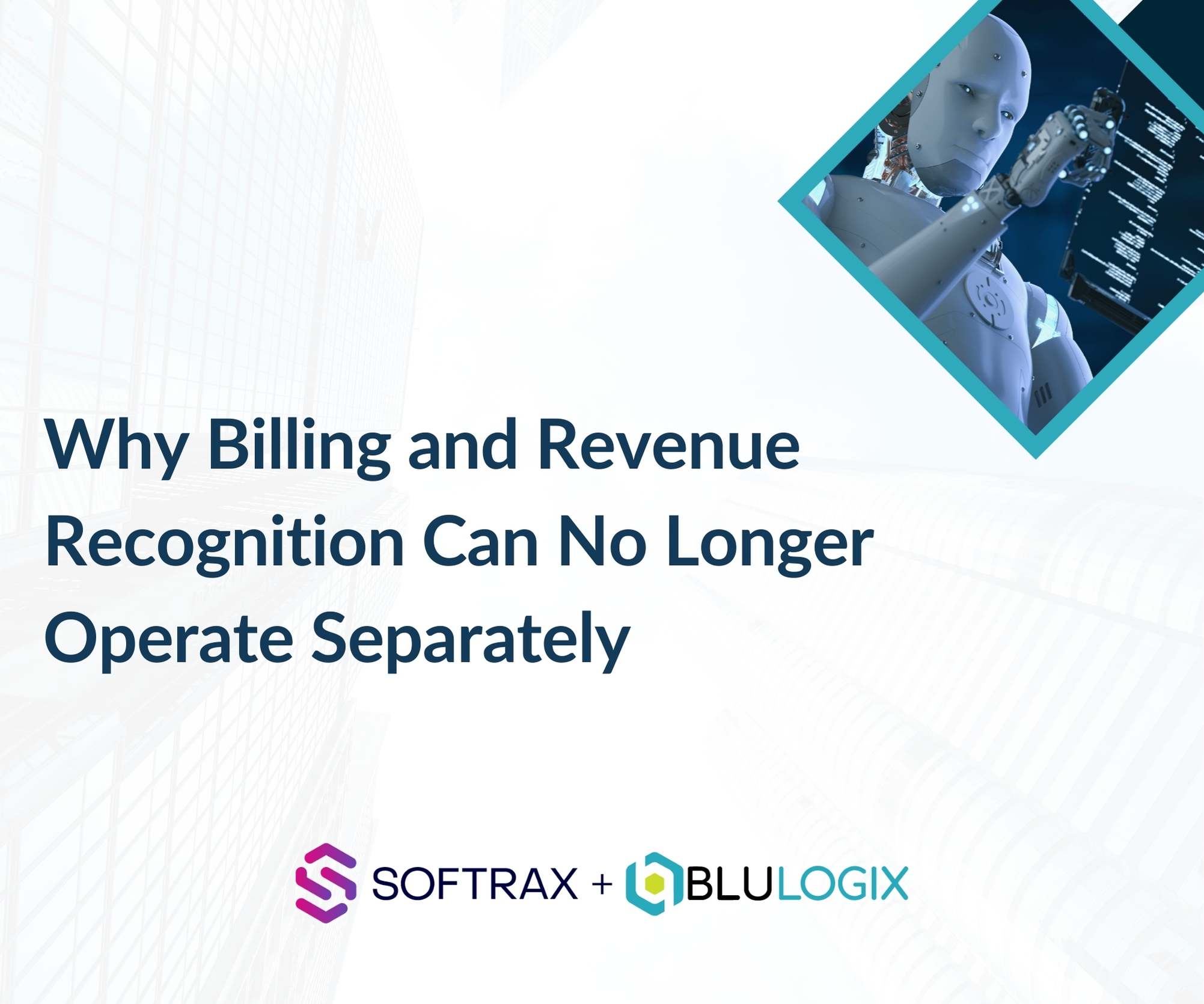See why growth companies choose BluIQ
The Ultimate in Flexibility and Scalability for Subscription Management and Billing.

BluIQ is a configurable platform that bridges the gaps between your CRM, ERP and related business processes.

Customize Your Monetization Platform Quickly and Cost-Effectively.

The Ultimate Flexibility and Scalability to Process Complex Data Staging & Mediation Scenarios with Ease

End-to-end Integration for Seamless Order Activation and Provisioning

BluLogix Chargeback & Cost Recovery for Public Sector and Enterprise Organizations

BluIQ gives you reporting, intelligence and insights in one package.

Empowering Ecommerce, Self-Management, and Seamless Renewals with Channel Support


Lessons, observations and insights for the subscription business

How BluIQ helps our customers’ subscription businesses successfully grow

The latest news and analyst reports on the Software-as-a-Service and Subscription industry

Attend an event near you to connect, learn, and gain inspiration.

The best companies in the world trust BluLogix for all of their billing needs

A collection of recorded webinars and videos on Software-as-a-Service and Subscription Management

Details on BluIQ subscription management and billing platform specifications

Subscription and Software-as-a-Service guides with actionable insights

Why Top Companies Choose BluLogix
Detailed margin analysis is an invaluable tool for businesses looking to optimize profitability across their offerings. Whether it’s adjusting pricing, improving product packaging, fine-tuning price plans, or creating attractive bundles, understanding the margins at a granular level enables companies to make strategic decisions that drive profitability. For businesses in sectors like MSPs, UCaaS, SaaS, and IoT, where competition is fierce and pricing can be complex, margin analysis is essential for maintaining a competitive edge.
Margin analysis allows businesses to determine whether their current pricing strategies are delivering the desired level of profitability. By examining the costs and revenues associated with each product or service, companies can make informed decisions about how to adjust prices for maximum impact.
For instance, if a product has low margins despite strong sales, margin analysis can help identify the underlying reasons. It may reveal that production or delivery costs are too high, prompting the company to either raise prices or find cost-saving measures to protect profit margins. On the other hand, high-margin products may benefit from more aggressive pricing strategies to capture greater market share without sacrificing profitability.
Margin analysis can also be used to refine product packaging and bundles. Bundling products or services is a common strategy for increasing value and encouraging higher sales volumes, but it’s important to ensure that these bundles are profitable. By analyzing the margins on individual products and bundles, businesses can determine whether bundling is effective or if adjustments are needed.
For example, an MSP offering managed IT services might bundle hardware, software, and support into a single package. Margin analysis can help determine whether the bundled offering is profitable or if certain components are driving down overall margins. This insight allows the MSP to adjust the components of the bundle or re-evaluate the pricing to improve profitability.
In industries like UCaaS, SaaS, IT Services and IoT, pricing plans often vary depending on customer needs, usage levels, and service tiers. Margin analysis is crucial for determining whether these pricing plans are sustainable and profitable. Businesses can use margin analysis to evaluate the profitability of different price plans, such as basic, premium, or enterprise tiers.
If a particular price plan has lower margins, it may indicate that the pricing needs to be adjusted or that additional value needs to be added to justify a higher price. For example, a SaaS company may find that its entry-level plan has a higher-than-expected cost of service, leading to lower margins. By understanding this, the company can either adjust the plan’s pricing or restructure its features to improve profitability.
Margin analysis helps businesses identify opportunities to improve profitability by highlighting inefficiencies or areas where value can be captured more effectively. For example:
Consider an IoT company offering connected devices with different subscription plans. By using margin analysis, the company identifies that its mid-tier plan is underpriced relative to the value it provides, resulting in lower margins compared to other tiers. With this insight, the company decides to adjust the pricing of the mid-tier plan to better reflect its value, leading to an increase in overall profitability.
Another example is a UCaaS provider that uses margin analysis to evaluate its bundled offerings. The analysis reveals that bundling certain features results in lower margins due to high delivery costs. By re-evaluating the components of the bundle and adjusting pricing, the provider is able to improve the profitability of its bundled services.
Margin Analysis is a powerful tool for driving profitability in any business. By providing detailed insights into the profitability of products, packages, price plans, and bundles, margin analysis enables companies to make data-driven adjustments that enhance their bottom line. For MSPs, UCaaS, SaaS, and IoT businesses, where competition is high and margins can be thin, leveraging margin analysis to refine pricing, optimize bundles, and manage costs is essential for maintaining profitability and achieving sustainable growth.
In today’s competitive market, maximizing profitability means continuously evaluating and refining every aspect of your business. Detailed margin analysis provides the insights needed to stay ahead of the competition, ensuring that your products, pricing, and packages are optimized for success.



| Cookie | Duration | Description |
|---|---|---|
| cookielawinfo-checbox-analytics | 11 months | This cookie is set by GDPR Cookie Consent plugin. The cookie is used to store the user consent for the cookies in the category "Analytics". |
| cookielawinfo-checbox-functional | 11 months | The cookie is set by GDPR cookie consent to record the user consent for the cookies in the category "Functional". |
| cookielawinfo-checbox-others | 11 months | This cookie is set by GDPR Cookie Consent plugin. The cookie is used to store the user consent for the cookies in the category "Other. |
| cookielawinfo-checkbox-necessary | 11 months | This cookie is set by GDPR Cookie Consent plugin. The cookies is used to store the user consent for the cookies in the category "Necessary". |
| cookielawinfo-checkbox-performance | 11 months | This cookie is set by GDPR Cookie Consent plugin. The cookie is used to store the user consent for the cookies in the category "Performance". |
| viewed_cookie_policy | 11 months | The cookie is set by the GDPR Cookie Consent plugin and is used to store whether or not user has consented to the use of cookies. It does not store any personal data. |
The Ultimate in Flexibility and Scalability for Subscription Management and Billing.
